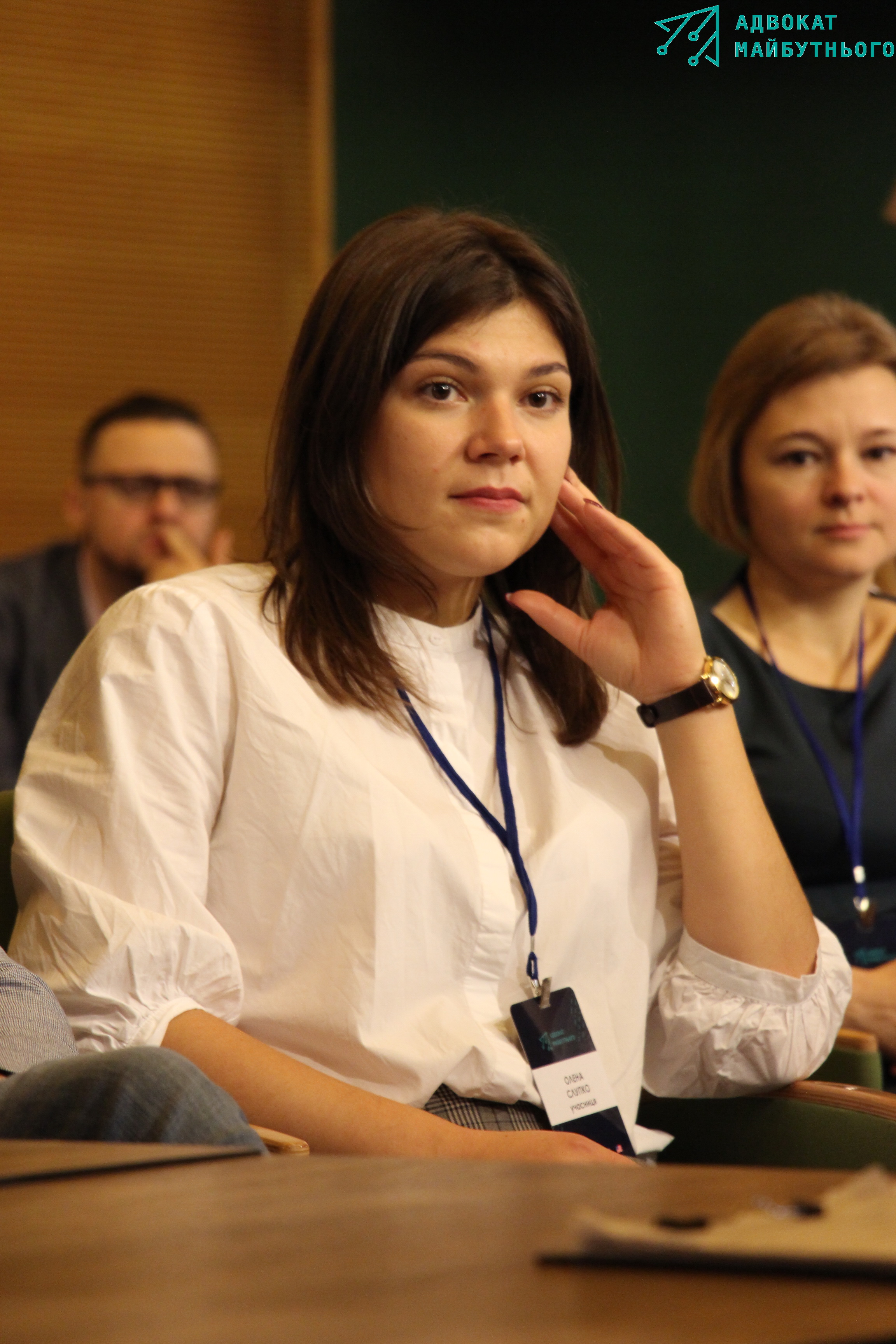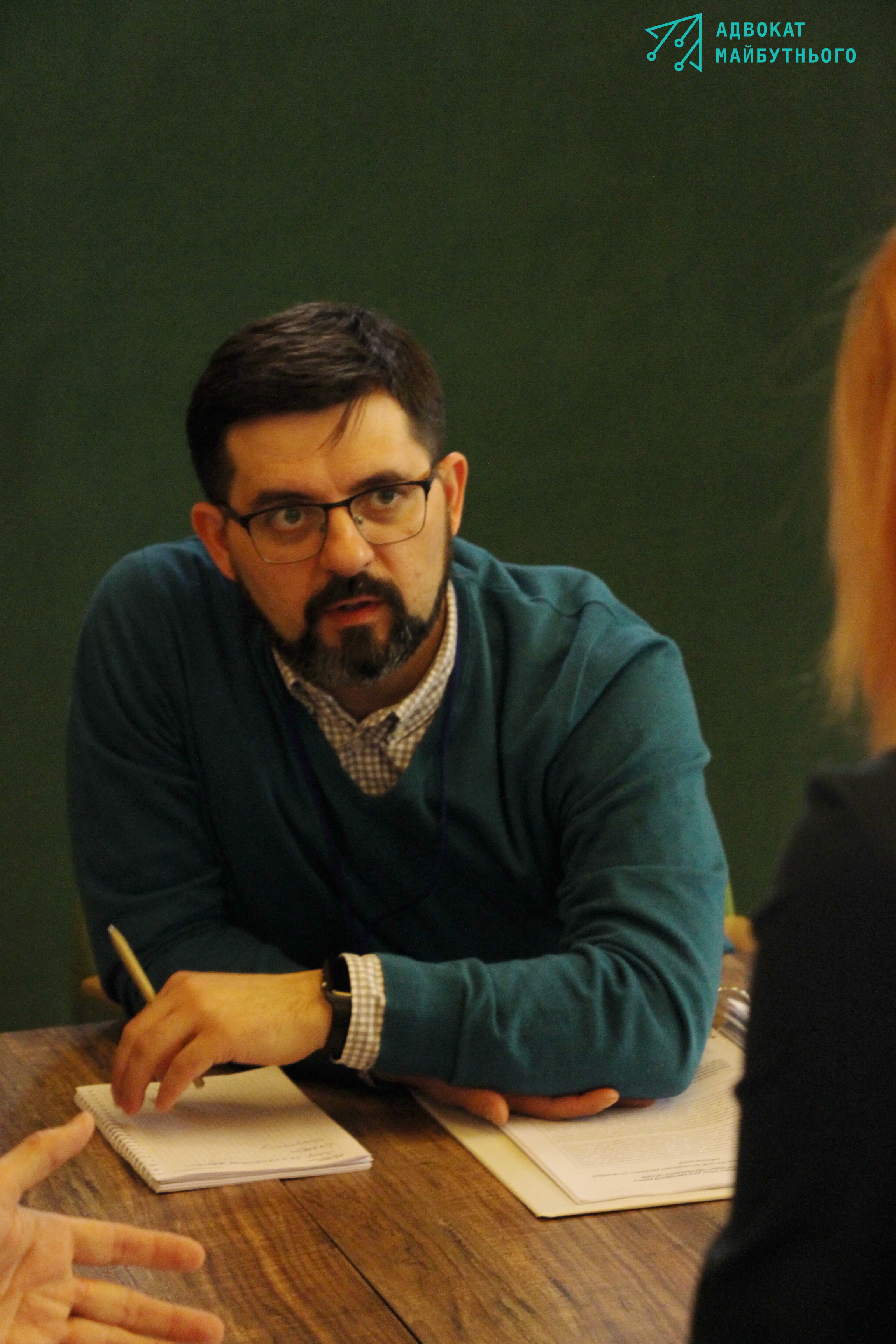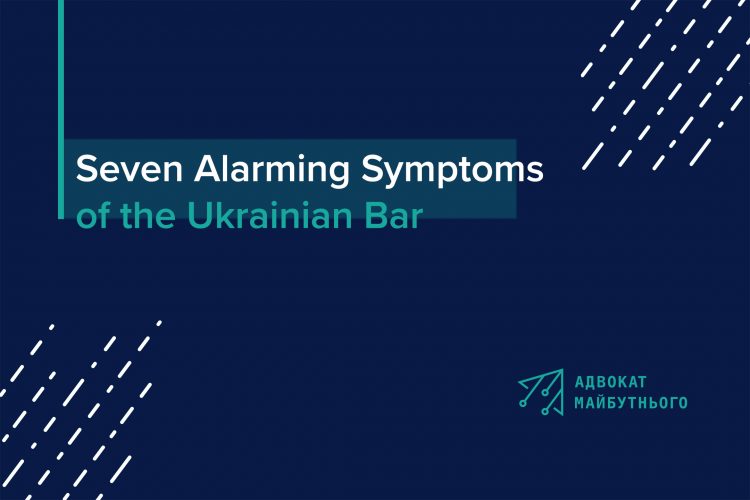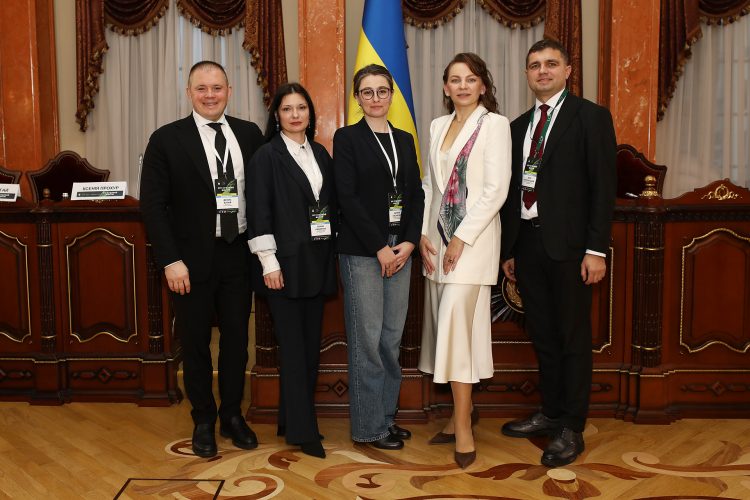

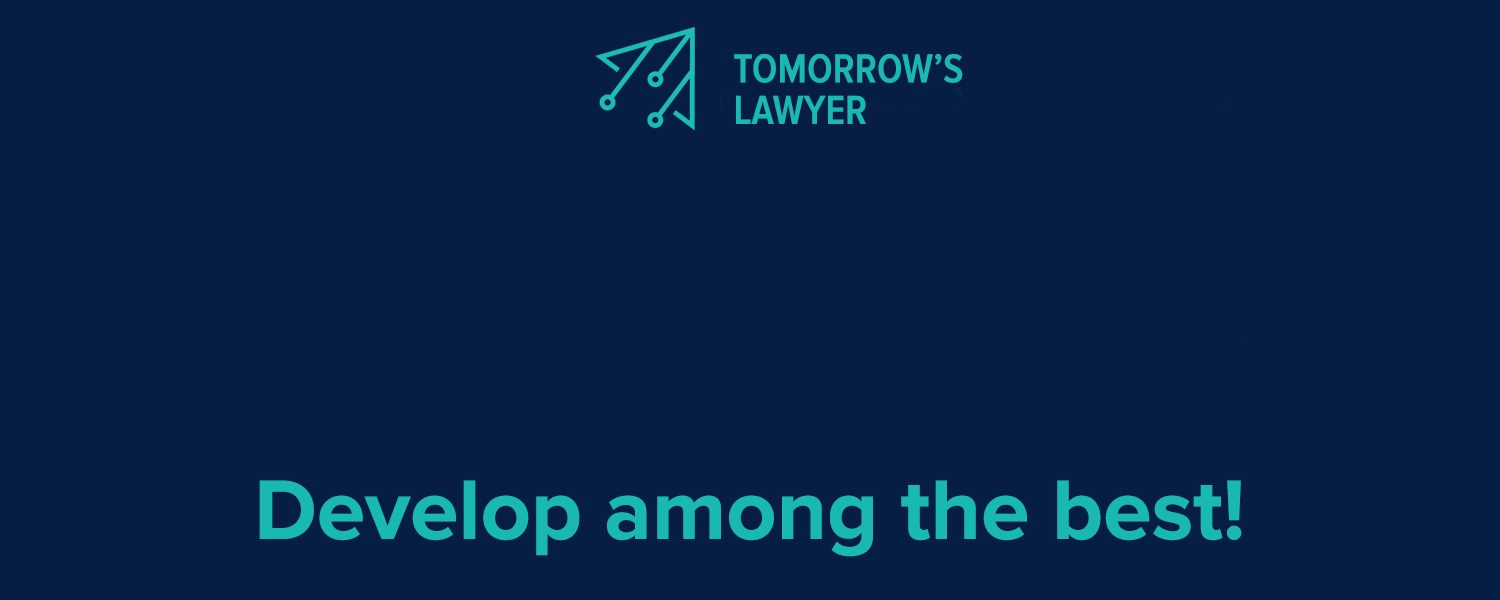
Does a Lawyer Equals to a Leader? Opinions of Program Participants
The role of lawyers in developed democratic societies is not limited to representation of interests and legal defence. Lawyers have the knowledge and experience that allows them to identify and correct system errors, move and develop them. Lawyers are those who have extra trust in society. These are the ones that society is ready to listen to in times of crisis. All this is possible with the significant degree of responsibility that every lawyer-leader must feel and bear.
Leaders are not born. Each of us can develop the skills of a leader. The third Module of the Program embraced these issues. How to manage change in today world where stability is a luxury? What can a team be like? What are the stages of team development? Can a lawyer be a leader for his/her client? We were looking for answers to these and many other questions with Season III participants. Participants in the “Tomorrow’s Lawyer” Program shared their impressions of the third module.
A lawyer is inherently a leader, or at least should be. The third module not only reinforced this belief, but also made it possible to understand natural processes that we disregarded before. A leader is one who has a purpose, a vision of how to implement it and leads the team, which trusts the leader.
J.Cotter’s book “Our Iceberg is Melting”, which I read enthusiastically after the Module, is an example of how leadership comes down not only to management and management.
Leadership is the courage to say one’s own point of view, the power to defend it, and the ability to persuade or interest others in the viability of an idea.
Leadership is the ability to listen and hear, the patience to bring things to an end, the willingness to be unheard and alone, as well as the courage to take responsibility for the consequences. At the same time, responsibility not only for himself or herself, but also for the entire team.
[…]
Before the third Module of the Program, it seemed to me that I understood the definitions of a “leader” and “leadership”. When offered to speak in an interactive way, it turned out that everyone had his or her own understanding of leadership.
Obviously, the institute of leadership exists only in society; leadership is a purely social phenomenon.
Leaders are personalities that can combine disparate parts into a whole, set the direction of movement and permanently support it in tone.
During the third module, we tried to find common ground of leadership. Here Andrii Vyshnevsky helped us a lot. He voiced three signs of leadership:
- delegation;
- taking care of others;
- timeliness of decision making.
[…]
Read the full text at the Ukrainian web-page.
***
The opinions expressed in this article are the authors‘ own and do not reflect the view of the “Tomorrow’s Lawyer” Program, the Ukrainian Bar Association, the Bar Association of Legal Aid Providers, the Quality and Accessible Legal Aid in Ukraine Project, the Canadian Bureau for International Education, or the Government of Canada and the Law Enforcement Section of the United States Embassy in Ukraine.
“Tomorrow’s Lawyer” is a powerful network of lawyers uniting opinion leaders in the legal profession, who provide legal assistance in accordance with the highest ethical standards, act as agents of change in society and leaders in the professional community.
The “Tomorrow’s Lawyer” Program was launched in 2016 and first implemented within the “Quality and Accessible Legal Aid” Project, carried out by the Canadian Bureau for International Education with the support of the Government of Canada in cooperation with the Legal Aid Coordination Centre. It is currently being implemented and developed with the support of the US Embassy’s Law Enforcement Section in Ukraine, the “Tomorrow’s Lawyer” NGO, in partnership with the Ukrainian Bar Association and the Bar Association of Legal Aid Providers.
